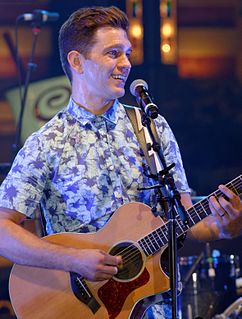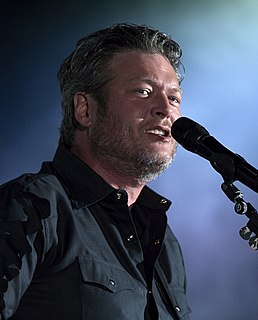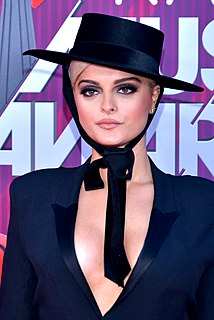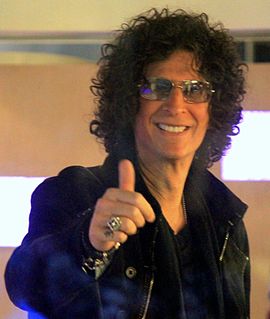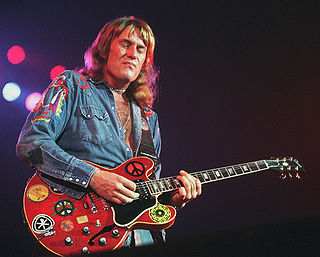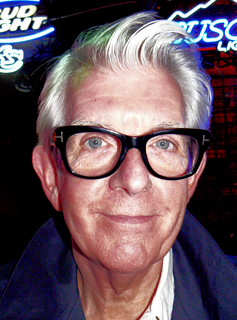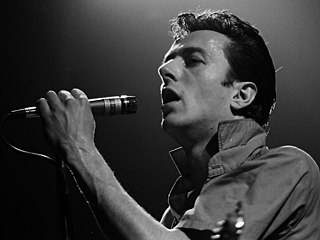A Quote by Andy Grammer
It's one thing when you're driving to go play at a radio station and you hear it on that station. It's another thing when you're just out in the middle of nowhere, and the song just comes on the radio, and you're like "Oh my God!"
Related Quotes
When I hear other artists talk, they talk about 'How come radio's not playing my song?' Well, you have to look at it under a microscope and know that each station is just trying to do what's right for their market, and it's scary for a radio station to add a song that they don't know how well it's gonna do for them.
My latest theory is that it's - well, I describe it as, like, being in an apartment with kind of thin walls. And in the apartment next door, they've got a radio tuned constantly on - tuned to a really cool radio station. It's on all the time. And you can just hear it coming through the wall all the time.
I wrote 'Turn Your Radio On' in 1937, and it was published in 1938. At this time radio was relatively new to the rural people, especially gospel music programs. I had become alert to the necessity of creating song titles, themes, and plots, and frequently people would call me and say, 'Turn your radio on, Albert, they're singing one of your songs on such-and-such a station.' It finally dawned on me to use their quote, 'Turn your radio on,' as a theme for a religious originated song, and this was the beginning of 'Turn Your Radio On' as we know it.
Back in '98 or so when I was in film school I was working on lighting for a movie in Georgia, out in the middle of nowhere at a gas station. Inside the gas station they had a bunch of old home remedies like castor oil, and one of them was a protein supplement called Beef, Iron & Wine. I just dropped the Beef part.
